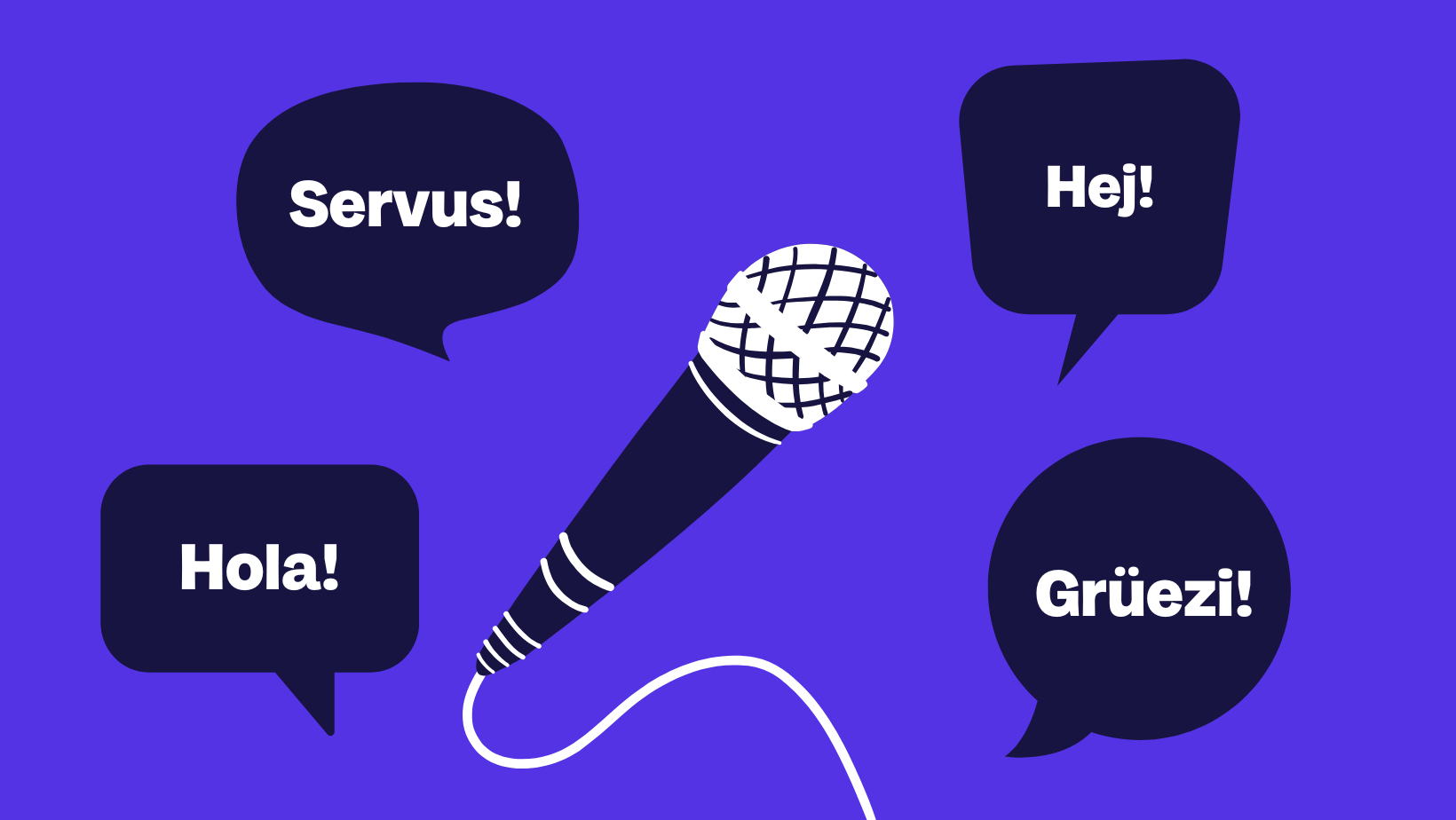Code of conduct with your client: Facebook, e-mail, Zoom
At some point during your work in public relations it is going to happen: a friend request from your client through social networks or the exchange of your private cell phone number. What is the best way to react? Should you be Facebook friends or add them on WhatsApp? Direct customer contact in real time is becoming a very popular form of communication, but also comes with a lot of complications. Which channel is the best for the right mix of professionalism and customer proximity?

Old but gold: email
For a long time email has been a fast, reliable and reputable method for business contacts. Nevertheless, there are several things to consider. It is advisable to always be courteous and to respect formalities. In most cases you adjust to each client – some prefer it more formal some like smileys or even a casual tone. The golden rule: The customer sets the tone. Without their own initiative no emoticons should appear in the text. To avoid many loops and misunderstandings stay clear and understandable in your wording.
Business on the Internet: Facebook or LinkedIn?
520 million users are active on Facebook on a daily basis. This social network provides great opportunities for customized advertising and presenting the company. Private profiles are perfect for staying in contact with old and new friends. On the other hand, friendships and private messages with business contacts can be complicated on this network. Surely you don’t really want to talk about your private beach photos at the next client call. A more professional form of communication can take place via networks such as LinkedIn or Xing. But how do you respond best if your client contacts you on Facebook? If you want to play it safe, clearly explain them your preferences. Next time you talk on the phone, refer to the friend request and explain that you rather maintain private contacts on Facebook. At the same time, it is advisable to directly connect via LinkedIn or Xing and exchange all other professional contact details. Once your cooperation ends and you are in a good relationship you can still connect privately afterwards on Facebook.
Multi-purpose tool: Skype
Although it is an all-rounder-tool and the use of Skype is fun, there are some rules: Writing to your client via Skype is only appropriate if he previously gave his consent for it. Some even explicitly wish to stay in contact via Skype. For you as consultant it is worth considering creating different accounts in order to separate your private and business life.
Skype calls with customers are a very good alternative to the usual telephone call: you are not tied to the office and a conversation is also possible without a landline. If both parties agree to a video conference, using the camera is a great possibility. However, if you receive a video request by surprise, you have two options: either you answer the video call professionally or you select the phone call button and just ask the client directly, whether the call can take place even without a video connection. However, Skype should not be used as the only way to contact your client as information can easily be lost.
Smartphone slaves: communication with SMS and WhatsApp
Messages and notifications that constantly pop up on your phone are not uncommon, not even at night. If you receive a message from your client however, panic rises. This situation can be quite problematic as it is often unclear what to do. The solution: In your next call on the phone or via Skype explain that you prefer using other channels for communication. As an alternative you can offer calling, mailing or Skype. Writing a message via smartphone can be done quickly and easily, however, it is not very professional. If it’s really an urgent matter you can still decide whether it has to be dealt with now or has time until the next day.
The classic: phone
Calling via telephone is and remains perfectly legitimate and reputable. Nevertheless, even here misunderstandings or miscommunication can take place. For example, when a client calls regularly in addition to the times agreed on, or he calls during after-work hours maybe even on the private number: How do you react? Usually, if a client tries to contact you more often than necessary, it is a sign that he is not happy or that he is insecure. He tries to be involved in the activities as much as possible. The best recipe: Transparent communication. Always keep the customer up to date about your work. Like this, he has no reason to call in so often.
Conclusion
In the end, everyone must decide the perfect communication channel for themselves, whether it is chat, skype or mail. Business partners often rely on companies that portray a professional appearance, reliability and credibility. Therefore, rethink accepting the Facebook friend request.
Share this article
Related articles

8 April 2025







